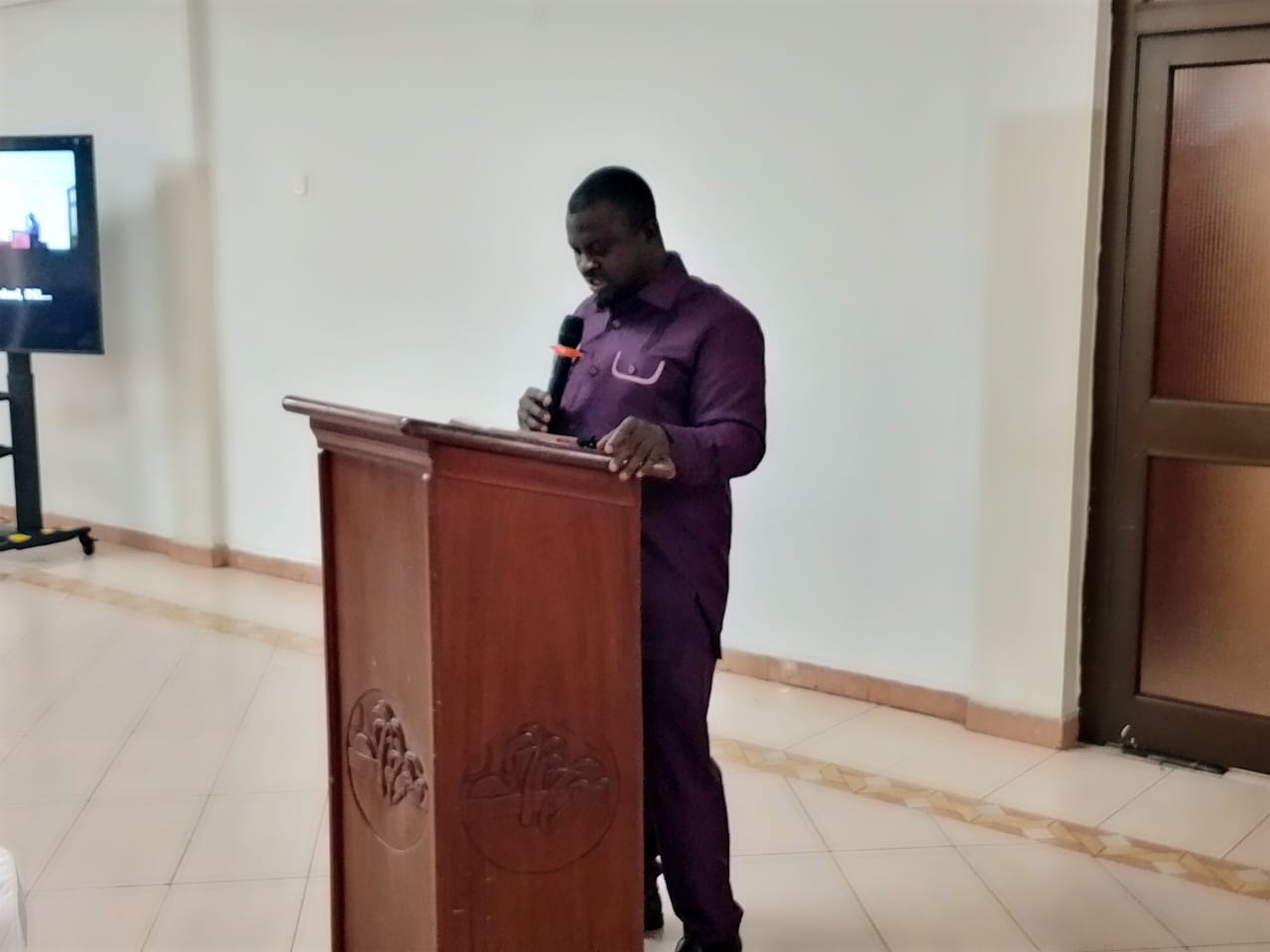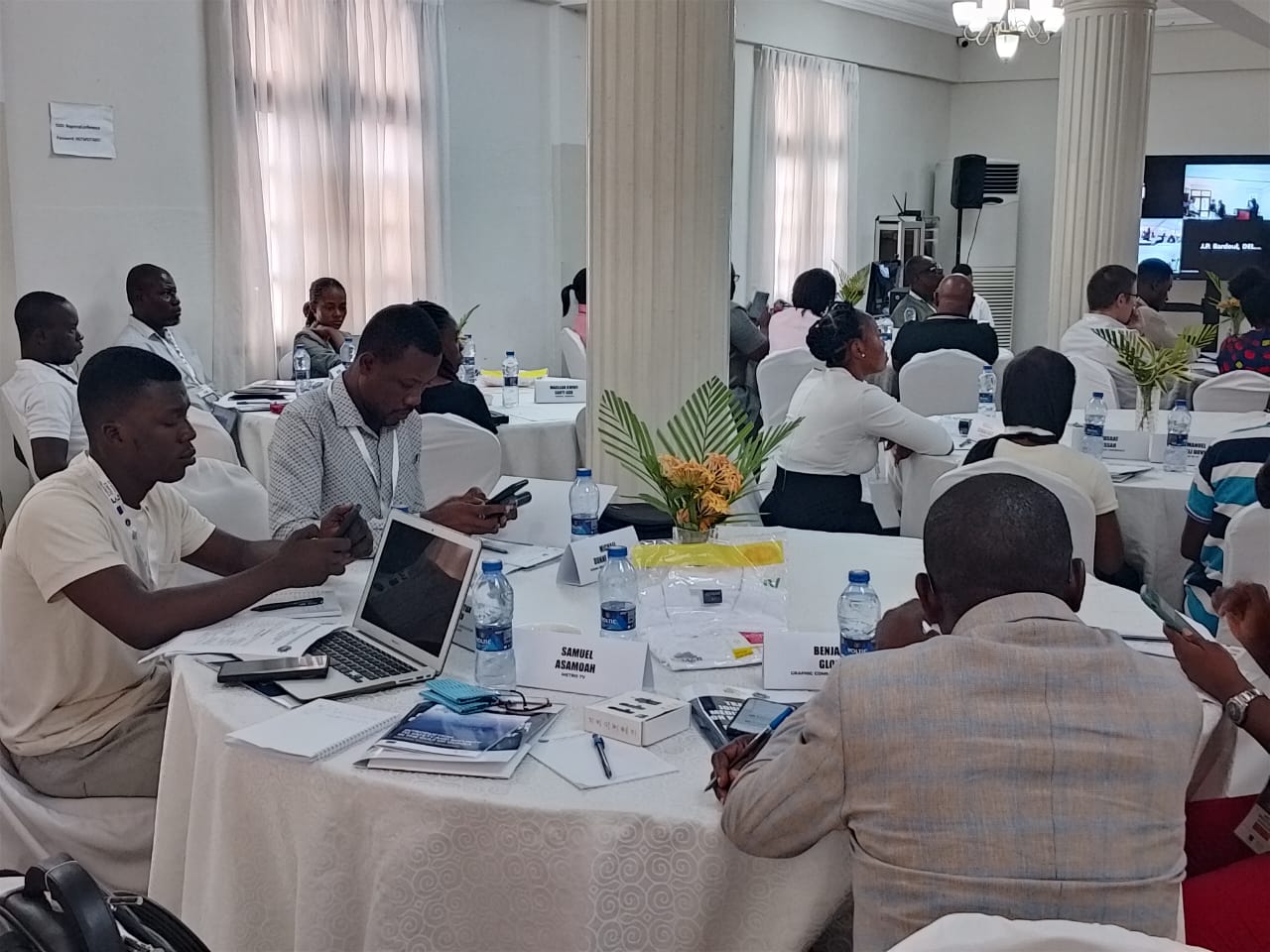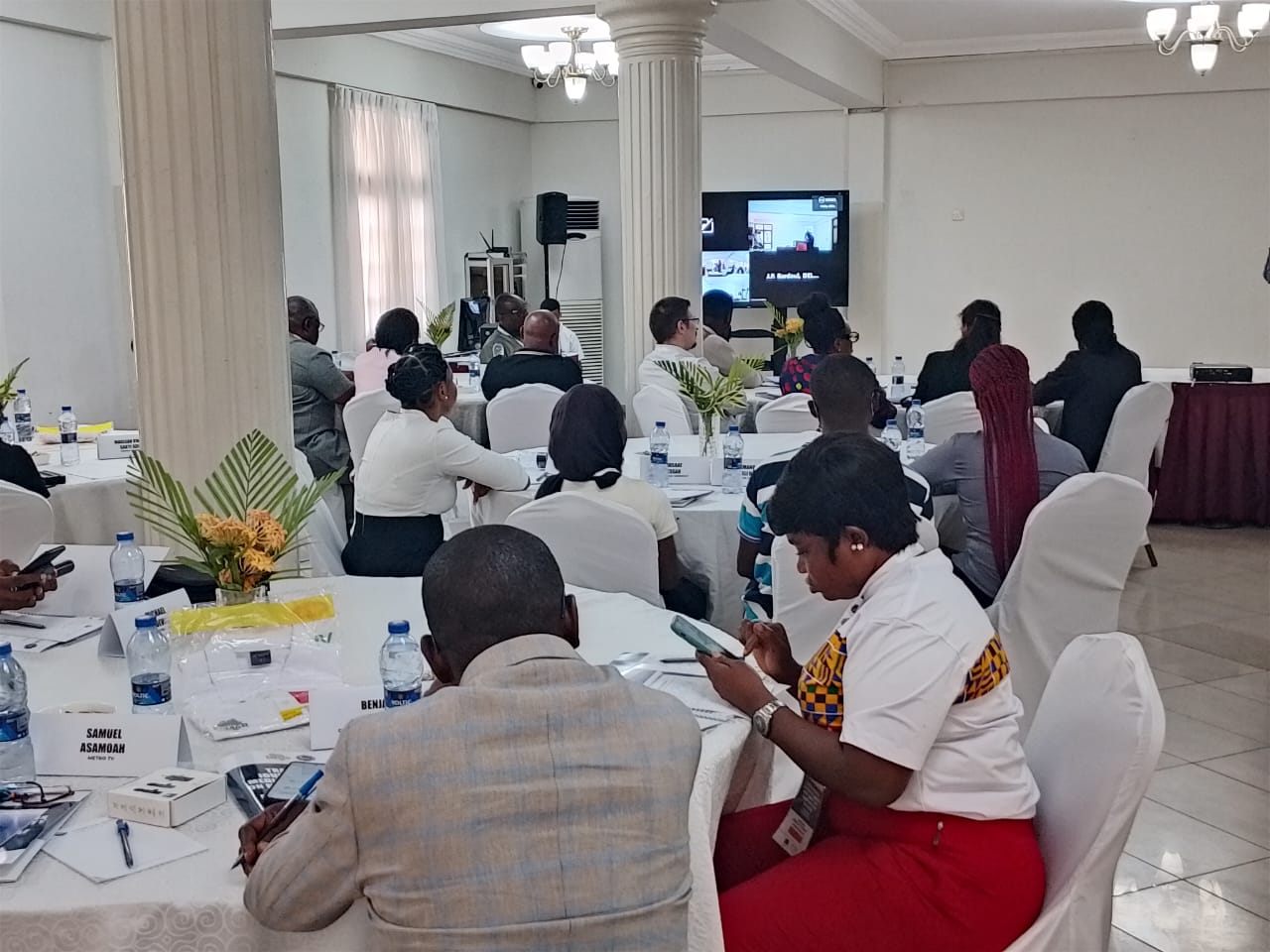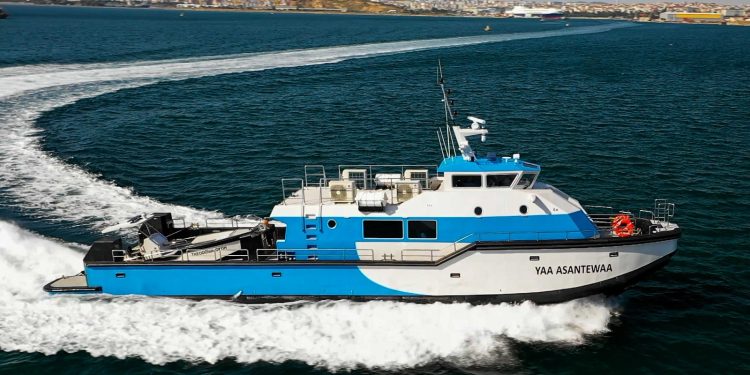GJA President Underscores Vital Role of Journalists in Safeguarding Ghana’s Maritime Domain
President of the Ghana Journalists Association (GJA), Albert Dwumfuor, has underscored the crucial role of journalists in promoting maritime security and advancing the blue economy within the Gulf of Guinea region.
Speaking at the opening of a three-day training workshop on Maritime Security, Safety and the Blue Economy in Accra, Mr Dwumfuor noted that Ghana’s 540-kilometre coastline presents both immense opportunities and daunting challenges that require sustained national and regional cooperation.

“For our nation and for the Gulf of Guinea region, the sea is not a distant horizon. It is central to trade, energy, fisheries, and the livelihoods of millions,” he stated. “Its security and sustainability directly influence the safety of our communities, the strength of our economies, and the resilience of our environment.”
He cautioned, however, that Ghana’s maritime domain remains fragile, citing the Gulf of Guinea’s history as a global hotspot for piracy and kidnappings at sea. Between 2020 and 2021, he said, about 95 percent of all seafarers abducted worldwide were taken in the waters of West and Central Africa.
While acknowledging a recent decline in piracy incidents due to enhanced law enforcement and international partnerships such as the European Union’s Coordinated Maritime Presences in the Gulf of Guinea, Mr Dwumfuor warned of the persistent threat of resurgence. He added that illegal, unreported, and unregulated (IUU) fishing continues to deprive coastal communities of food security and income, with other emerging challenges such as marine pollution, trafficking, and climate change compounding the situation.

Mr Dwumfuor highlighted Ghana’s leadership role in regional maritime security through the hosting of the ECOWAS Multinational Maritime Coordination Centre for Zone F, based at the Osu Castle in Accra. Established in 2018, the Centre brings together six countries—Ghana, Côte d’Ivoire, Liberia, Sierra Leone, Guinea, and Burkina Faso—to share intelligence and coordinate responses to maritime threats under the Yaoundé Architecture framework.
“The Centre is a hub where countries pool their resources and intelligence to protect the Gulf of Guinea,” he explained. “This underscores Ghana’s commitment to safeguarding our maritime domain while advancing the collective security of the region.”
The GJA President also urged journalists to make maritime issues more visible to the public, arguing that the sector’s complexities are too often relegated to technical circles. “When journalists make these issues visible and explain the human cost of illegal fishing, the risks of piracy, or the promise of a thriving blue economy, they do more than inform; they hold leaders accountable and shape public debate,” he asserted.
He further lauded the training’s focus on young journalists and women, stressing that diverse voices are essential for deepening democratic discourse and enriching media narratives on ocean governance.

Organised by Enhanced Maritime Action in the Gulf of Guinea with funding support from the European Union (EU) and in collaboration with the Gulf of Guinea Maritime Institute, the training seeks to enhance journalists’ understanding of maritime security, safety, and the blue economy.
The programme aims to equip participants with data-driven reporting techniques, open-source investigative tools, and ethical frameworks to improve public engagement and policy advocacy on maritime issues.








